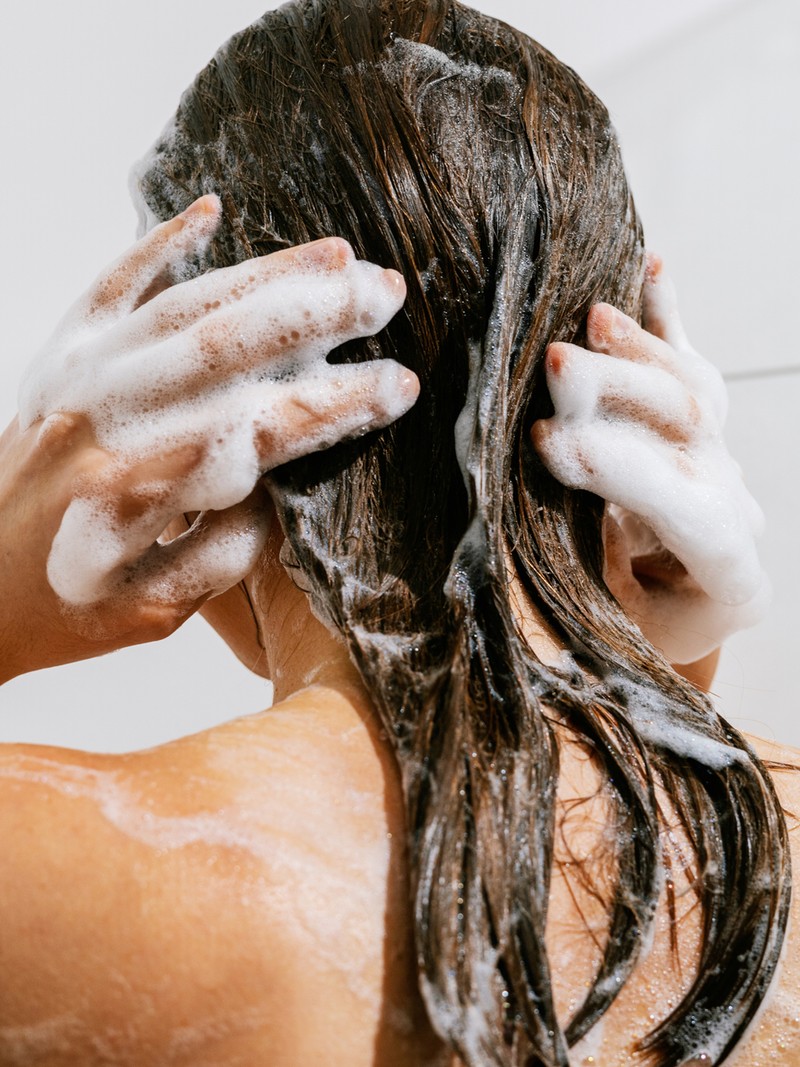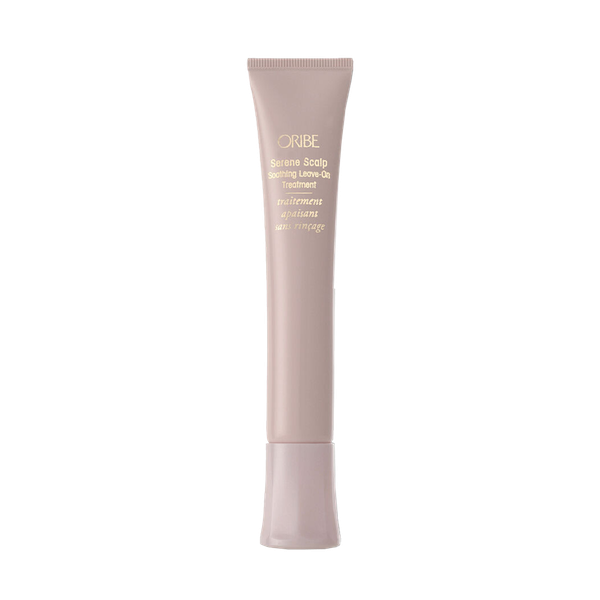13 Steps For A Healthy Scalp
Wash Your Hair At Least Every Other Day
“The scalp is an extension of the skin on your forehead, so it should be cared for with the same attention you devote to your face. After all, your hair and scalp experience the same things your face does. They both get dirty by the end of the day and are exposed to the same environmental pollution. It’s a myth that your scalp and hair clean themselves in time – the scalp can actually suffer from a build-up of yeasts and bacteria, as both these things thrive in an oily environment. It’s why you should shampoo your hair and scalp frequently – at least every other day – to boost the overall cleanliness in this area. Remember, a healthy scalp is vital to hair growth, and a healthy scalp is a clean one. If you have fine hair, suffer from dandruff or have a naturally oily scalp, I recommend opting for a daily shampoo.” – Brand president & trichologist at Philip Kingsley, Anabel Kingsley
Use A Dedicated Shampoo
“The explosion of shampoo bars has seen many opt to use a normal soap on the scalp – this is not advisable. The skin on your scalp needs far more attention than this and some soaps can be quite abrasive. I recommend looking to dedicated scalp formulas and ones that are sulphate and synthetic free for the gentlest cleanse.” – Trichologist at The Private Clinic, Jane Mayhead
Do A DIY Scalp Massage
“Even though we wash our hair regularly and go for haircuts, it’s so easy to ignore what our scalps needs. You should think of yours like a flowerbed – it needs hydration for it to be a healthy environment to grow glossy, happy hair. Trust me, if you look after it, you’ll notice a difference in the overall appearance of your hair. It’s not just products that can help – give yourself scalp massages to boost circulation and improve your nutrition to promote healthy skin in this area.” – Medical practitioner & hair specialist, Dr Masood Munir
Give Derma Rollers A Go
‘‘Scalp massage can help to improve scalp health and increase blood flow, but it will not, on its own, prevent hair thinning or loss. You can use a low-level laser to boost blood flow to the scalp too. Microneedling and derma rollers can also help to increase blood flow, but should always be done after taking advice from a professional. It shouldn’t be done daily either because stimulation can increase oil secretion. Most of us have blood capillaries in our scalp so that blood flows freely naturally. For some women, as you age, you’re more likely to have increased flow in the head and scalp because of hot flushes.” – Jane
Look To Apple Cider Vinegar
“Apple cider vinegar contains AHA (alpha hydroxy acid) which has natural antibacterial, exfoliating and anti-dandruff properties. Therefore, it’s a great ingredient to clean up your scalp. Moreover, apple cider vinegar is an anti-inflammatory, so it can be used to calm a sensitive scalp, while also being gentle enough not to strip your hair of its natural nutrients. Either use it in a product that lists it as an ingredient, or if you’re using it neat, dilute it with water first. Leave it on for a few minutes to fully absorb and break down all the dirt.” – Masood
Apply SPF To Exposed Areas
“Another thing to note is the effect of the sun. Your scalp can burn, just like the skin on your face, leading to discomfort, flaking and peeling, but it can also result in serious changes on a cellular level, such as skin cancer. UV rays also have a similar effect on your hair as bleach. They oxidise and degrade its protein structure, and damage the disulphide bonds holding it together. As a result, this reduces your hair’s elasticity and thus lessens its ability to hold a style. It also increases the porosity (i.e. how readily it absorbs water) causing your strands to become dry, brittle and less manageable. Your hair will likely drop and go frizzy faster than it would normally. Always use a sunblock on exposed areas of your scalp.” – Anabel
Pay Attention To Your Wellbeing
“Hair follicles are supplied with blood vessels that deliver oxygen and nutrients to the rest of our hair. One way you can proactively take care of them is with diet and vitamins. Do this by eating foods that are rich in vitamin A, B (biotin), C, D, E, iron, protein and zinc. All of these vital foods will help to support a healthy scalp, oil production and also better growth.” – Jane
Exfoliate Once A Week
“It’s important to understand that, like the skin on your face, your scalp will benefit from a bit of gentle exfoliation. An exfoliating mask will remove dead skin cells and flakes, and it can improve the overall health of your scalp. For a flaky or itchy scalp, my suggestion is to use a targeted anti-microbial scalp mask twice a week. Philip Kingsley’s Flaky/Itchy Scalp Anti-Dandruff Mask is formulated with anti-fungal piroctone olamine, exfoliating salicylic and lactic acid, soothing celery seed extract, and antioxidant-rich green tea extract. It helps to rebalance your scalp microflora. If your scalp is sore and/or dry, a soothing, hydrating scalp mask containing calming aloe vera and olive oil can be really helpful.” – Anabel
Forget Hair Oiling
“The hair and scalp have completely different needs. If you put oil on your scalp and leave it on, it will negatively impact it in the long term. Oil won’t allow your skin to do the normal things it does, so it can create irritation. Also, fatty acids in the oil can cause a proliferation of yeasts, which cause irritation and itching. Oil is fine to leave on hair but not the scalp. I would always use it as a pre-wash so put it on and then wash it off. I wouldn’t advise leaving oil on overnight; it might lead to nice hair, but your scalp could get itchy.” – Jane
Invest In Shower Filters
“Shower filter attachments can be very beneficial to the scalp – especially if you live in a hard water area. Minerals found in hard water can build up on the hair, causing dullness and tangles, but they can also affect the health and pH levels of your scalp. There are quite a few available now, and they’re very easy to attach to your shower head.” – Anabel
Avoid Sleeping With Wet Hair
“We know that if hair is wet, it’s more fragile, but keeping the hair wet can have negative connotations for the scalp too. if you went to bed with wet hair, you would typically find patches of irritation in the morning. This is because when hair is damp, for example when you sweat, those areas get itchy. Natural yeast on the skin enjoys dark, damp conditions. So, if the scalp is damp or wet for long periods, it can encourage irritation on the scalp. For optimum scalp health, I advise never going to bed with wet hair – always take the time to dry it first, even if you tie it up.” – Jane
Don’t Delay Treatments
“If you suffer with dandruff, seek out help as soon as possible. Flaking of the scalp – especially when left – can increase daily hair fall. It’s the same if you suspect you have a hair loss condition – always speak to an expert so that you can begin using the appropriate topical scalp treatments. For example, our Philip Kingsley Density Scalp Drops help to reduce hair fall and are a good in-between solution while you see a specialist for a more bespoke plan.” – Anabel
Finally, Keep An Eye On Hormones
“Hormones impact our health, our hair and scalp. They can play a positive or negative role, so it’s all about balance and ensuring you keep them in check. To do this, I recommend getting your scalp checked regularly by a trichologist. I perform scalp checks in my clinic using cameras to delve into the scalp and create images that you would never be able to see yourself. These types of treatments help to scope out inflammation, follicular health and also fungus – they are well worth booking if you have any concerns.” – Jane
SHOP OUR SCALP HEALTH EDIT
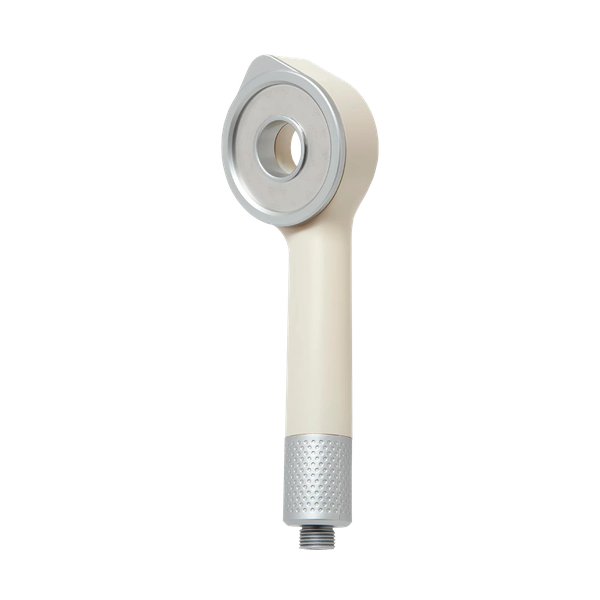
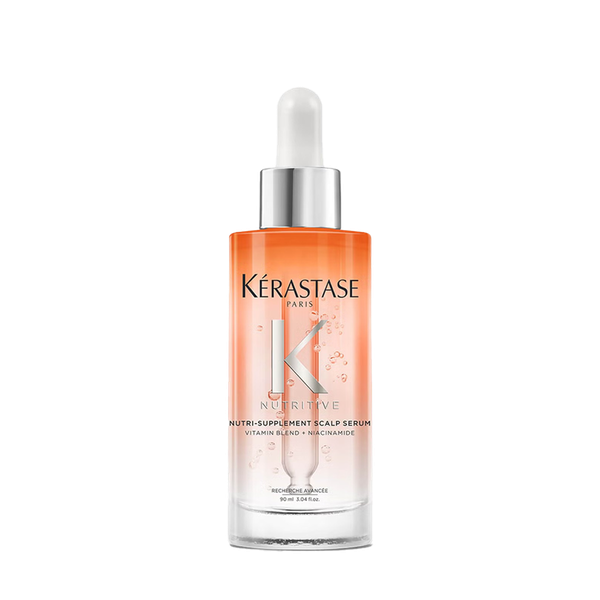
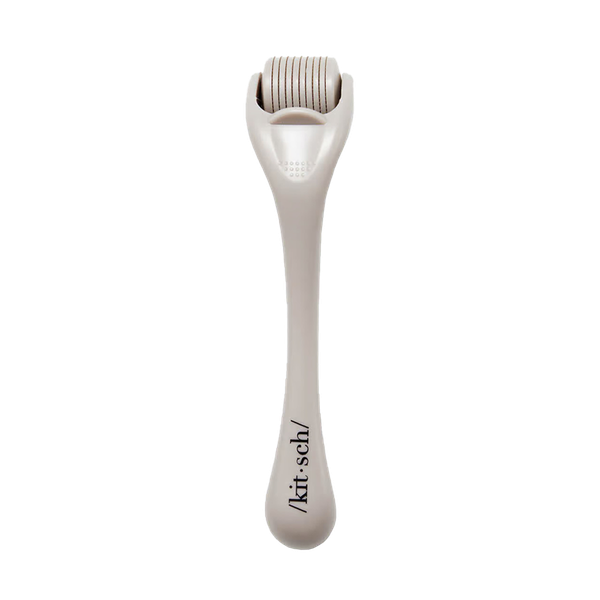
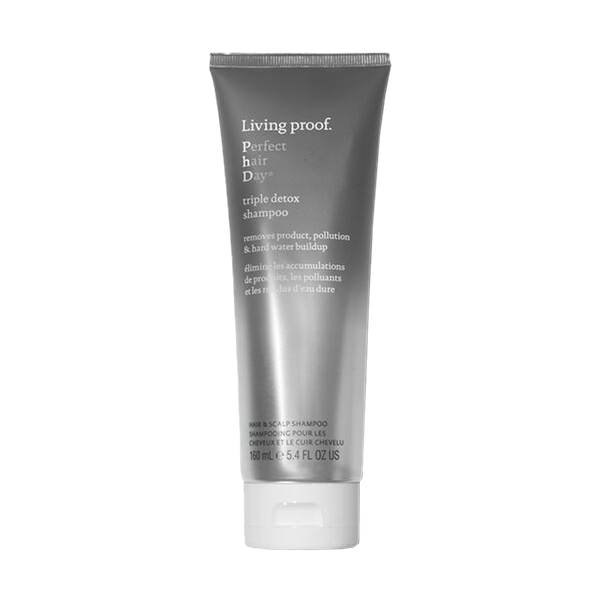
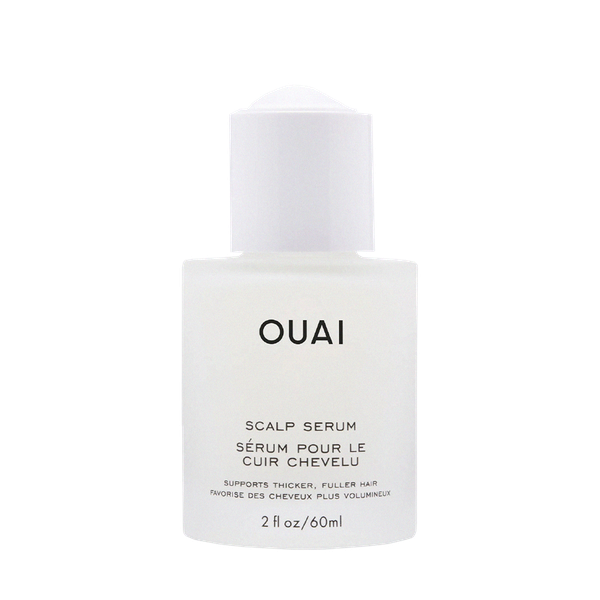
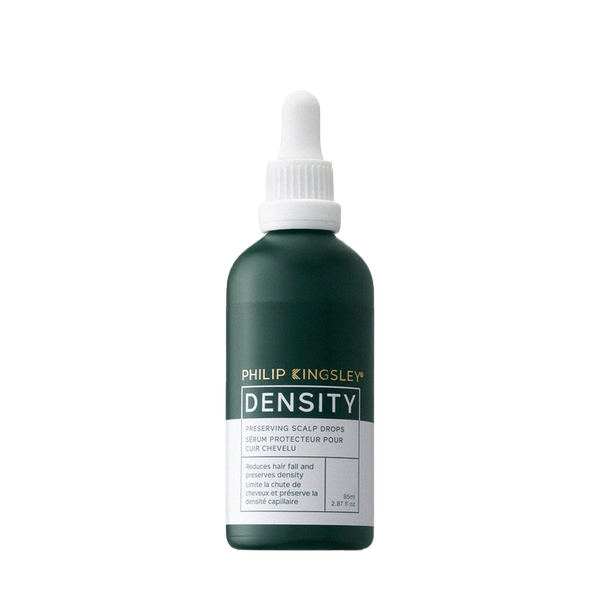
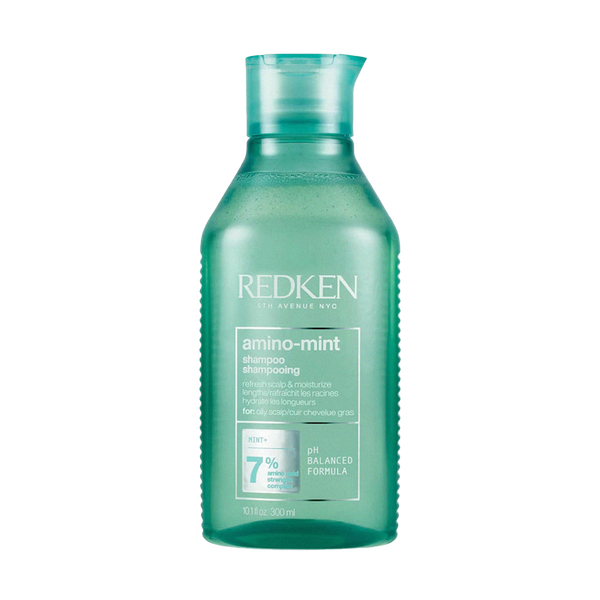
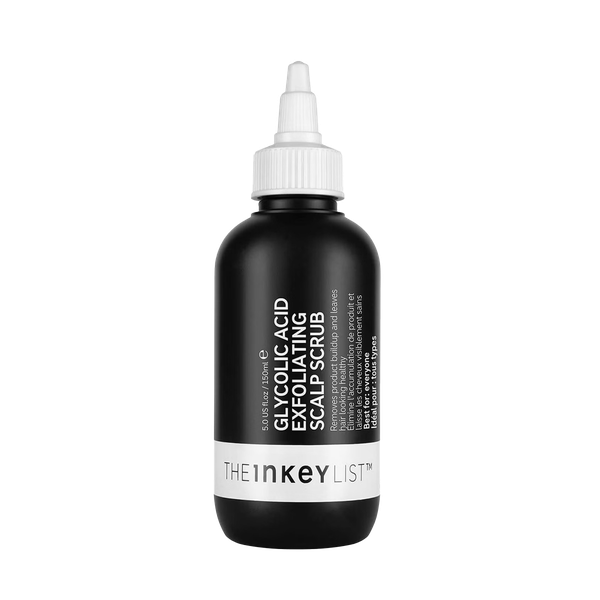
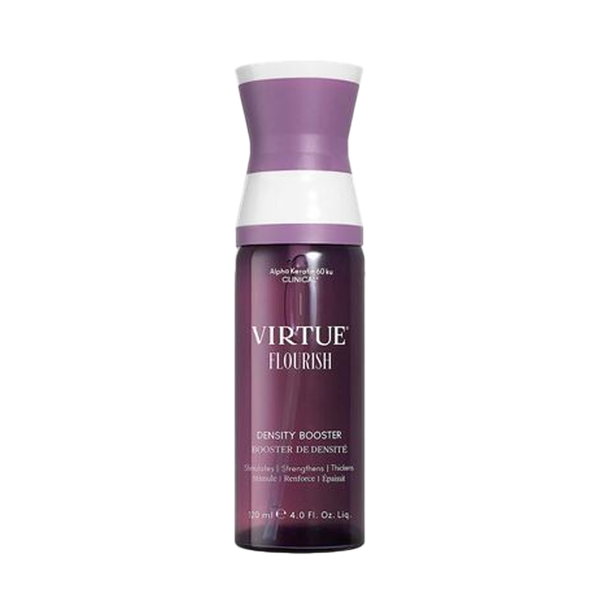
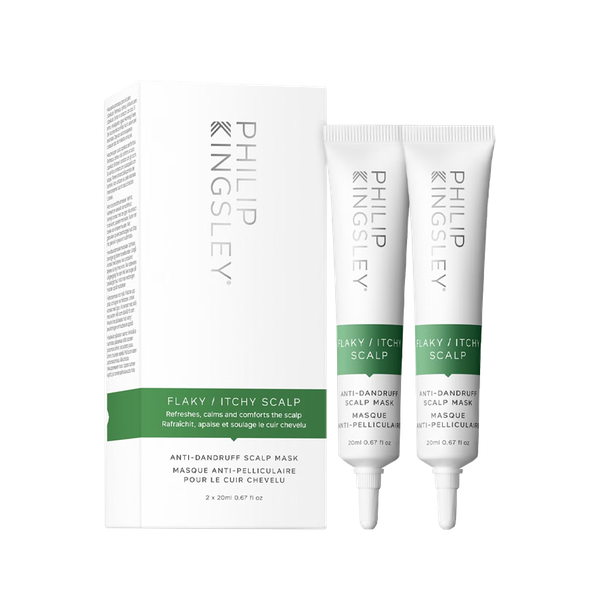
DISCLAIMER: We endeavour to always credit the correct original source of every image we use. If you think a credit may be incorrect, please contact us at info@sheerluxe.com.
